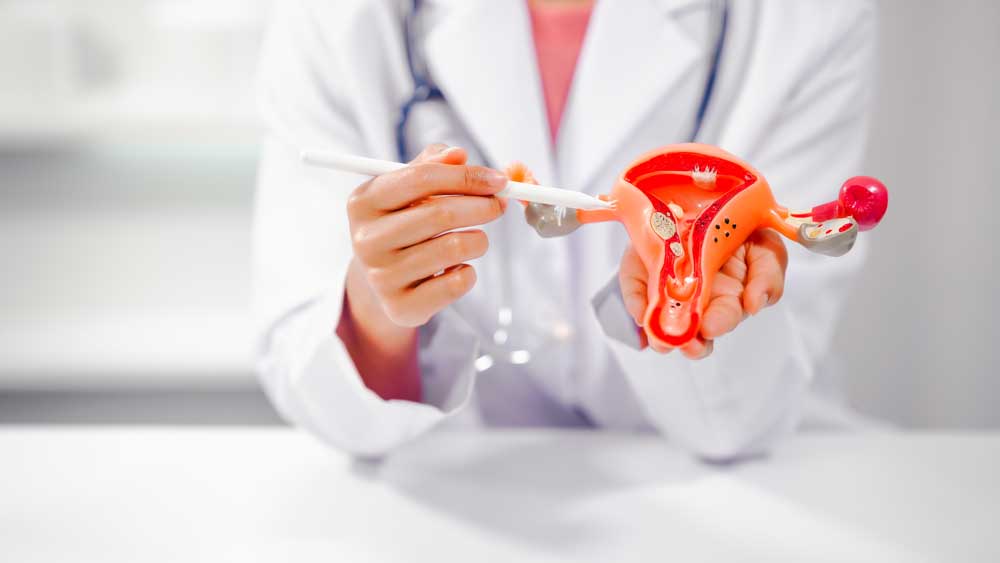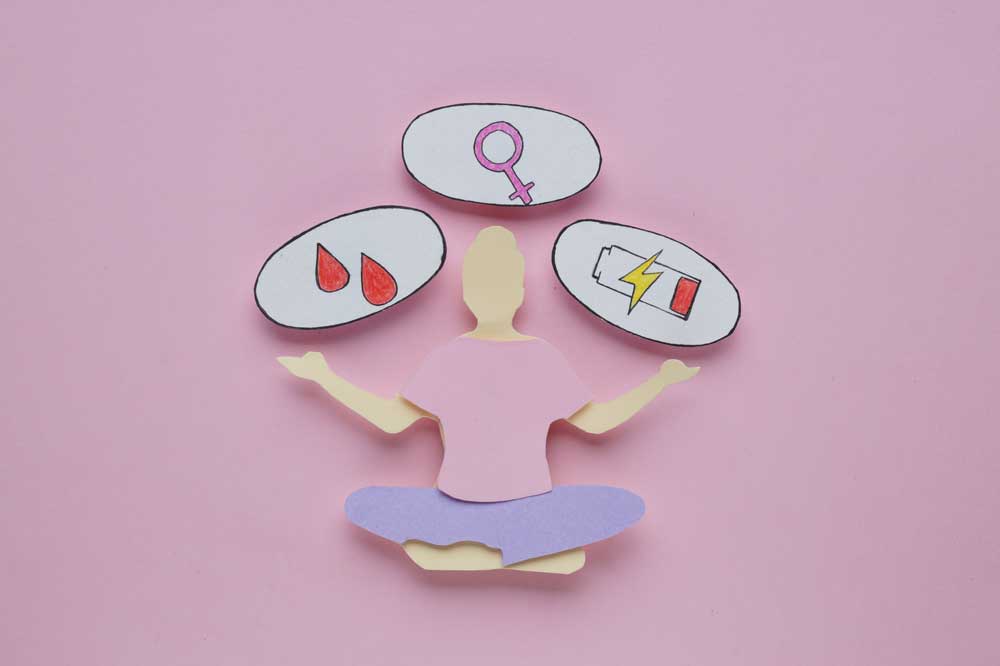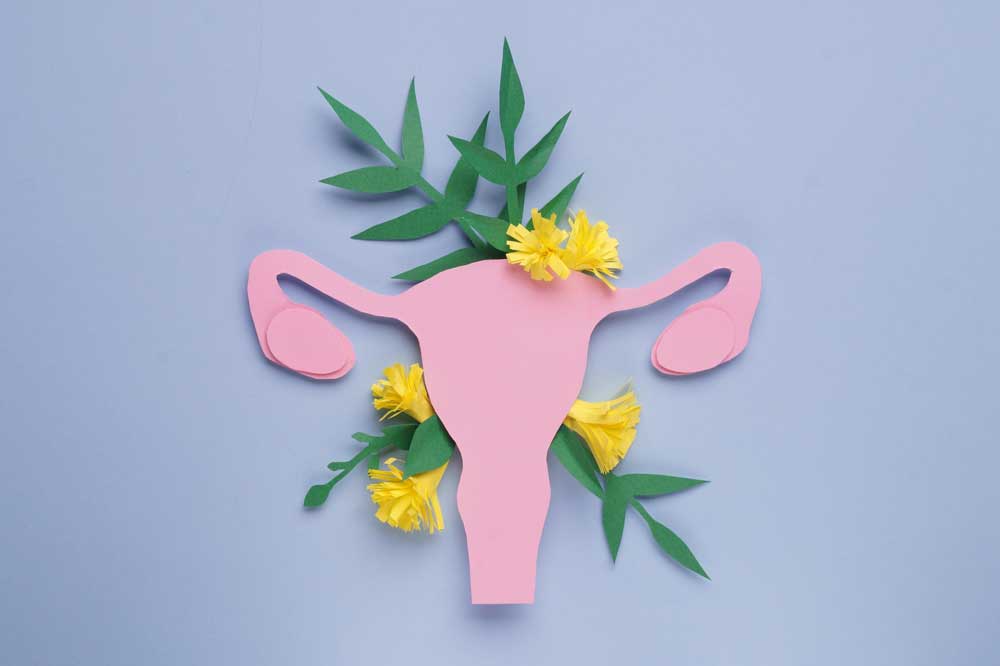‘Shock’—that’s the typical reaction I get when I mention I have PCOS. I can’t really blame anyone though. I’ve always had a ‘perfect’ BMI, my annual health check-ups look fine, I eat pretty well most days, and I’ve kept my sugar intake in check since I was in the 9th grade. So, yeah, I don’t exactly fit the usual image of someone with PCOS. Yet, here I was, fresh off a month where my mental health plummeted while I battled excruciating pain and cramps. The culprit? My hormones decided to pull a fast one on me.
To be fair, PCOS didn’t exactly sneak up on me out of nowhere. But what I didn’t see coming was just how badly it would knock me down, leaving me completely drained, ready to throw in the towel on everyday life and just lie in bed all day. It started over a year ago with a scan revealing minor polycystic ovaries, and naturally, I did what anyone would do—booked a follow-up scan and visited a gynaecologist. The result? My ovaries looked worse (because, of course), and the recommendations I was dreading finally came: either birth control pills for three months or anti-anxiety meds for two weeks. Neither sounded like a great option, and I wasn’t about to settle for the lesser of two evils.

So, what did I do next? I did what any content creator would—I took it to Instagram! I posted a story about how my hormones had been wreaking havoc, and to my surprise, I was met with an outpouring of support. Women really know how to show up for each other, don’t they? Whether I barely knew them or hadn’t spoken in years, advice and tips came flooding in. That’s when it hit me: only women truly understand what hormones can do to our bodies, and we wouldn’t wish that on anyone. Suddenly, I had a list of yoga poses, food recommendations, and lifestyle tips to consider.
And then came the game-changer. A friend recommended a Hormonal Health Coach—something I didn’t even know was a thing! I found myself deep-diving into Zainab Hafizji’s content on estrogen dominance, living cyclically, and all things hormones. After an hour of lurking on her page, I did something I hadn’t anticipated—I clicked on the Free Consultancy Call tab, ready to give my body the help it actually needed.
In my first conversation with Zainab, I instantly connected with her over the one thing I was most stubborn about: no hormonal medication. I had been on the pill before, and it was a nightmare. The side effects scared me, and years of reading up on the risks only made me more wary. As someone who had been through a similar journey, Zainab understood where I was coming from. ‘Finally, someone who gets it,’ I thought. But one thing was clear—I was going to have to make some major lifestyle changes. Was I ready for that? After another round of crippling cramps, I realised I didn’t have much of a choice. I was more than ready to be free of them for good.
Fast forward six weeks, and working with Zainab (or should I just call her my saviour?) has been a refreshing change. It’s not just about what I eat and drink, but when I do it, what I put on my skin, how much stress I take on, and most importantly, how well I prioritise my overall well-being. And let me tell you, while it might sound simple—it’s far from it! It’s not just about eating healthy; it’s about eating what your body needs for the phase of your menstrual cycle you're in—even down to the teas! What I’ve come to learn is that no two days are the same when it comes to female hormones. The female body doesn’t run on a ‘Nine to Five’ schedule—or even a 24-hour one—so our food, habits, and interactions need to adapt accordingly. I quizzed Zainab on what she’d like women to stop believing about their hormones and she didn’t hesitate. ‘Let’s put this one to bed: ‘Your hormones are always the problem.’ I can’t tell you how many times I’ve heard women blame their hormones for everything—from feeling bloated to being in a mood,’ she says. She goes on to explain how our hormones are actually the messengers, just trying to keep you in balance. ‘When something’s off—whether it’s your energy, digestion, or skin—your hormones are just signalling that there’s an imbalance somewhere else,’ she adds. And that’s exactly what I’ve done in the past few weeks working with her- understanding what my hormones are telling me about my body and what I need to do to support it. ‘When we stop blaming our hormones and start nurturing them, we can unlock some serious health and vitality,’ she says.

The journey hasn’t been easy and there’s a long way to go, but it’s been worth every bit of effort. Learning to live in sync with my hormones has not only reduced my pain and discomfort but it’s also brought a deeper understanding of my body’s needs. Before this, I would bottle up my symptoms, hoping they'd just go away on their own. But having someone to talk to—who can help me dig deeper into what’s causing them and how to fix it—has been a game-changer. ‘Here’s the deal: your body is constantly sending you signals, and the best thing you can do is tune in and trust those signals. Whether it’s your energy, mood, or emotions, these cues are just as important as any lab result. If you ever feel like your practitioner isn’t listening or dismissing your needs, that’s your sign to reclaim your power and seek out someone who will. You deserve a healthcare team that respects your voice and values your input. At the end of the day, managing PCOS isn’t just about physical symptoms—it’s about emotional well-being too. You should feel heard and supported every step of the way,’ says Zainab.
Another big lesson? Even a small shift in your routine or added stress when you’re already dealing with hormonal imbalances can set you right back to square one (or pretty close). I learned that the hard way during a particularly stressful couple of weeks. But I’m happy to report that while PCOS might be a lifelong condition, it no longer controls my life—and for that, I’m incredibly grateful. If there’s one thing I’ve taken away from this experience, it’s that listening to your body and working with it, instead of against it, is key to truly thriving.

P.S.: If you’re like me, and don’t have the typical PCOS symptoms (i.e. weight gain, excessive body hair growth etc.), make sure you don’t end up thinking your problems aren’t big enough. They are, and they need to be treated just as well!